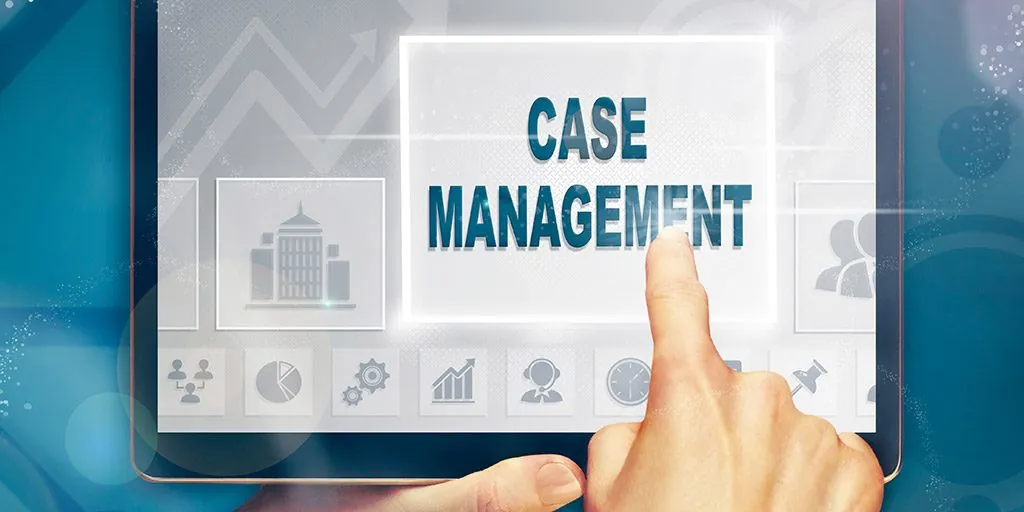Navigating the end of a marriage can feel overwhelming, but preparing the right questions to ask a divorce lawyer first meeting Canada can empower you with clarity, confidence, and control. In this guide, we’ll explore the vital topics, practical examples, and actionable advice every Canadian should consider when meeting a divorce lawyer for the first time—whether in Toronto, Vancouver, Alberta, or anywhere in between.
Why Preparing Questions Is Crucial for Your First Divorce Lawyer Meeting

Ending a marriage is not just an emotional journey—it’s a legal one, too. If you’re heading into your first meeting with a divorce lawyer, asking the right questions ensures you know your rights and options under Canadian family law and helps you decide if the lawyer is the right fit for your situation. Proper preparation saves time, money, and stress.
What to Expect at Your First Divorce Lawyer Consultation
The Goals of Your Initial Meeting
- Understanding your situation: Your lawyer will want to know details about your relationship, property, income, and children.
- Explaining the legal process: Expect an overview of how Canadian divorce law applies to your case.
- Discussing next steps: You’ll learn what comes next and what documents or information you need.
- Evaluating lawyer suitability: This is your chance to assess the lawyer’s experience, approach, and communication style.
Tip: Bring a summary of your relationship history and key financial facts to make the meeting more effective.
Core Questions to Ask Divorce Lawyer First Meeting Canada
Experience and Specialization
- How many years have you practiced family law in Canada?
- What percentage of your practice is focused on divorce and separation?
- Have you handled cases similar to mine, such as high assets, children with special needs, or international matters?
Legal Advice and Strategy

- What are the likely legal issues in my case?
- What’s the general process for divorce in my jurisdiction?
- How do you approach negotiation versus litigation?
- What alternatives exist to going to court (mediation, collaborative law, arbitration), and would any of these suit my situation?
Costs and Billing
- What is your fee structure? Do you charge hourly, flat fee, or by retainer?
- What do you estimate the total cost will be for my case?
- Will I be billed for phone calls, emails, or brief questions?
- How can I monitor my legal bills and expenditure?
Communication and Case Management
- Who will be working on my case? Will anyone else in your firm assist?
- How often can I expect updates, and what’s the best way to reach you?
- How quickly do you typically respond to questions?
Practical Questions About Your Divorce Case
Child Custody, Support, and Parenting

- How does child custody and parenting time work in Canada?
- What factors will help determine child support or spousal support?
- What should I consider when making a parenting plan?
- What advice do you have for minimizing conflict, especially with high-conflict co-parenting?
Property Division and Financial Matters
- How is marital property divided in my province/territory?
- How is the family home handled during divorce?
- What financial documents do I need to collect?
- Are there steps to take to protect assets from being wasted or hidden?
Process, Timelines, and Expectations
- What is the expected timeline for my divorce process?
- Are there any immediate actions I should take, or avoid?
- What are the next steps after this meeting?
Actionable Advice: Making the Most of Your Initial Lawyer Meeting
How to Prepare Before the Consultation
- Write down your goals: custody, property, support, etc.
- List emotional, practical, and legal concerns.
- Gather essential documents: financial statements, tax returns, marriage certificate, parenting agreements, and any correspondence relevant to your case.
At the Meeting
- Don’t be afraid to ask about anything you don’t understand.
- Take notes, or bring someone to help you remember key details.
- Share any urgent issues (domestic violence, risk of assets disappearing, etc.) immediately.
After the Meeting
- Review your meeting notes and compare lawyers if necessary.
- Start gathering paperwork your lawyer requested.
- Consider your comfort level with the lawyer’s communication, empathy, and expertise.
Sample List: Questions to Bring to Your First Meeting
| Category | Sample Questions |
|---|---|
| Experience | How long have you practiced divorce law in Canada? |
| Legal Process | What is the typical divorce process and timeline in my province? |
| Fees & Billing | Can you explain your billing structure? What can I expect as a retainer or upfront costs? |
| Child Issues | How will parenting time and child support be resolved? |
| Property & Finances | How is family property divided? What steps can I take to protect my assets? |
| Case Management | Who will I communicate with? How often will I get updates? |
| Conflict Resolution | Do you recommend mediation or collaborative law in my case? |
| Next Steps | What documents should I prepare? What should I do after today’s meeting? |

Synonyms and Variations: Expanding Your Conversation
While “questions to ask divorce lawyer first meeting Canada” is the exact phrase, also consider using:
- “what to ask at initial divorce lawyer consultation”
- “key questions when meeting divorce attorney for the first time in Canada”
- “first appointment with divorce lawyer: what should I ask?”
- “preparing for your first meeting with a family law attorney”
- “essential divorce consultation checklist Canada”
Frequently Overlooked yet Important Questions

- Do you have experience handling cases with a history of domestic violence?
- What are your views on settling versus going to court? Why?
- How do you ensure my information stays confidential and secure?
- Will you explain legal jargon in plain language as the process goes on?
- Is there anything I should do to avoid common mistakes in divorce?
Example Scenario: Putting Your Questions to Work
Mary, a resident of Ontario, attended her first divorce lawyer meeting after 12 years of marriage. She asked about joint property, custody arrangements for her two kids, and whether mediation was a viable route. By asking about the lawyer’s experience with similar cases and clarifying all fees, she left the meeting feeling confident about her legal options and the next steps. Her preparation paid off—her divorce was mediated amicably and concluded within six months, saving stress and expense.
The Value of Being Prepared: Empower Yourself
Coming to your lawyer with a clear, organized list of questions—like those highlighted here—not only gets your legal journey off to a strong start but can help save time and money. Ultimately, it puts you in the driver’s seat, ensuring your rights, your relationship with your children, and your financial future are protected.
Final Reminders for Your First Lawyer Consultation
- Every divorce case is unique; asking specific, detailed questions helps your lawyer give you personalized advice.
- Honesty and transparency are crucial—your discussions are confidential.
- Don’t hesitate to seek a second opinion before hiring a lawyer.
- Remember: No question is too small, especially when it comes to your family and your future.
By focusing on these questions to ask divorce lawyer first meeting Canada, you not only prepare for a more productive consultation but lay the groundwork for a smoother, more informed divorce process.
Conclusion: Prepare, Ask, and Empower Yourself
Divorce is a challenging chapter, but being proactive at your first meeting with a divorce lawyer can make a significant difference in the outcome—both emotionally and legally. By coming prepared with the right questions to ask your divorce lawyer at your first meeting in Canada, showing up organized, and openly discussing your concerns, you’re not just safeguarding your rights—you’re taking control of your future.
Remember, a good lawyer will welcome your questions and never rush you. Their answers—about process, timelines, fees, and strategies—should give you clarity and confidence. If something feels unclear, just ask. If a lawyer isn’t a good fit, it’s okay to consult others until you find someone who truly understands your needs.
Ultimately, the goal is to move through your divorce with dignity, informed choices, and the best possible support. By following this guide, you’ll be well-equipped to make the most of your first meeting and set the stage for a smoother, more manageable transition.